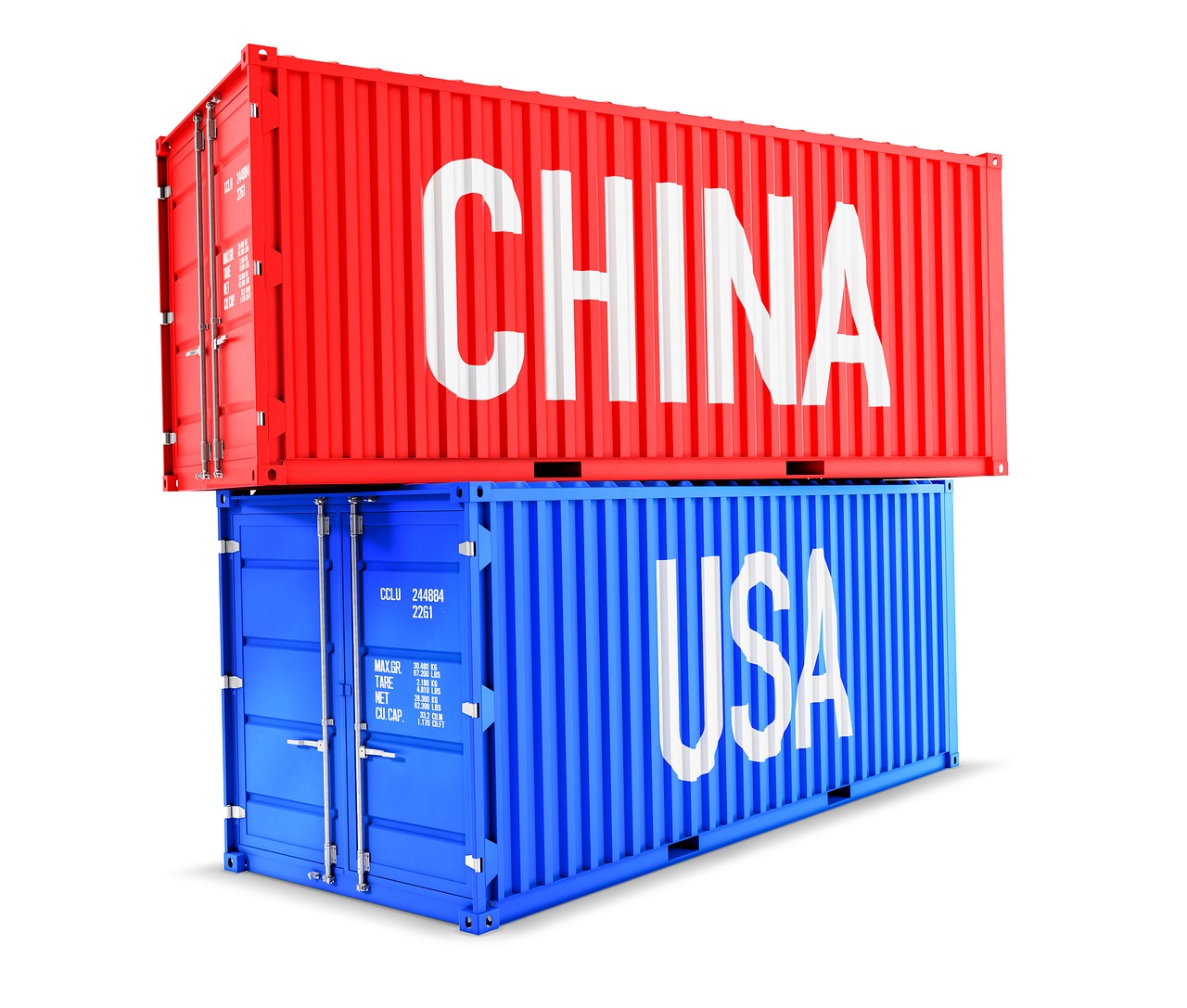President Xi Jinping’s visit to a rare earths plant last week had sparked speculation that China would use its dominant position as an exporter of rare earths to the United States as leverage in the trade war.
Rare earths are a group of 17 chemical elements used in everything from high-tech consumer electronics to military equipment. The prospect that their value could soar as a result of the trade war caused sharp increases in the share prices of producers, including the company visited by Xi.
While China has so far not explicitly said it would restrict rare earths sales to the United States, Chinese media has strongly implied this will happen.
In a commentary headlined “United States, don’t underestimate China’s ability to strike back”, the official People’s Daily noted the United States’ “uncomfortable” dependence on rare earths from China.
“Will rare earths become a counter weapon for China to hit back against the pressure the United States has put on for no reason at all? The answer is no mystery,” it said.
Read Also: China responsible for ozone-depleting emissions – Study
“Undoubtedly, the U.S. side wants to use the products made by China’s exported rare earths to counter and suppress China’s development. The Chinese people will never accept this!” the ruling Communist Party newspaper added.
“We advise the U.S. side not to underestimate the Chinese side’s ability to safeguard its development rights and interests. Don’t say we didn’t warn you!”
The expression “don’t say we didn’t warn you” is generally only used by official Chinese media to warn rivals over major areas of disagreement, for example during a border dispute with India in 2017 and in 1978 before China invaded Vietnam.
In its own editorial on Wednesday, sister paper the Global Times said an export ban on rare earths “is a powerful weapon if used in the China-U.S. trade war.”
“Nevertheless, China will mainly use it for defense,” it added, noting that while China might incur losses from a ban on exports, the United States would suffer more.

